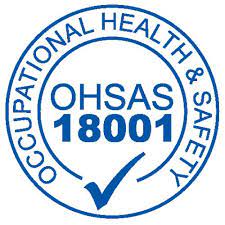“The Role of Air Filters In Food And Beverage”
Air filters are the unsung heroes of food and beverage processing facilities. They work tirelessly to remove airborne contaminants and maintain a clean and safe environment. Here’s how air filters play a vital role in this industry:
Particulate Removal: High-efficiency particulate air (HEPA) filters and other advanced filtration systems can capture particles as small as 0.3 microns. This includes dust, allergens, and even some bacteria and viruses, ensuring a clean working environment.
Microbial Control: Specialized filters with antimicrobial properties can inhibit the growth of bacteria and mold within HVAC systems, reducing the risk of contamination.
Odor Control: Activated carbon filters can remove odors and chemical fumes, improving the overall air quality within the facility.
Energy Efficiency: Modern air filtration systems are designed to be energy-efficient, helping to reduce operational costs while maintaining high air quality standards.
Maintenance and Monitoring
To ensure the effectiveness of air filters in the food and beverage industry, regular maintenance and monitoring are essential:
Scheduled Replacements: Filters should be replaced according to a maintenance schedule. This ensures that they continue to function optimally and prevent contaminants from bypassing the filtration system.
Air Quality Monitoring: Installing air quality sensors can help track the effectiveness of the filtration system in real-time. This allows for timely adjustments and replacements as needed.
Employee Training: Proper training for staff on filter replacement and maintenance procedures is crucial to avoid contamination during filter changes.









